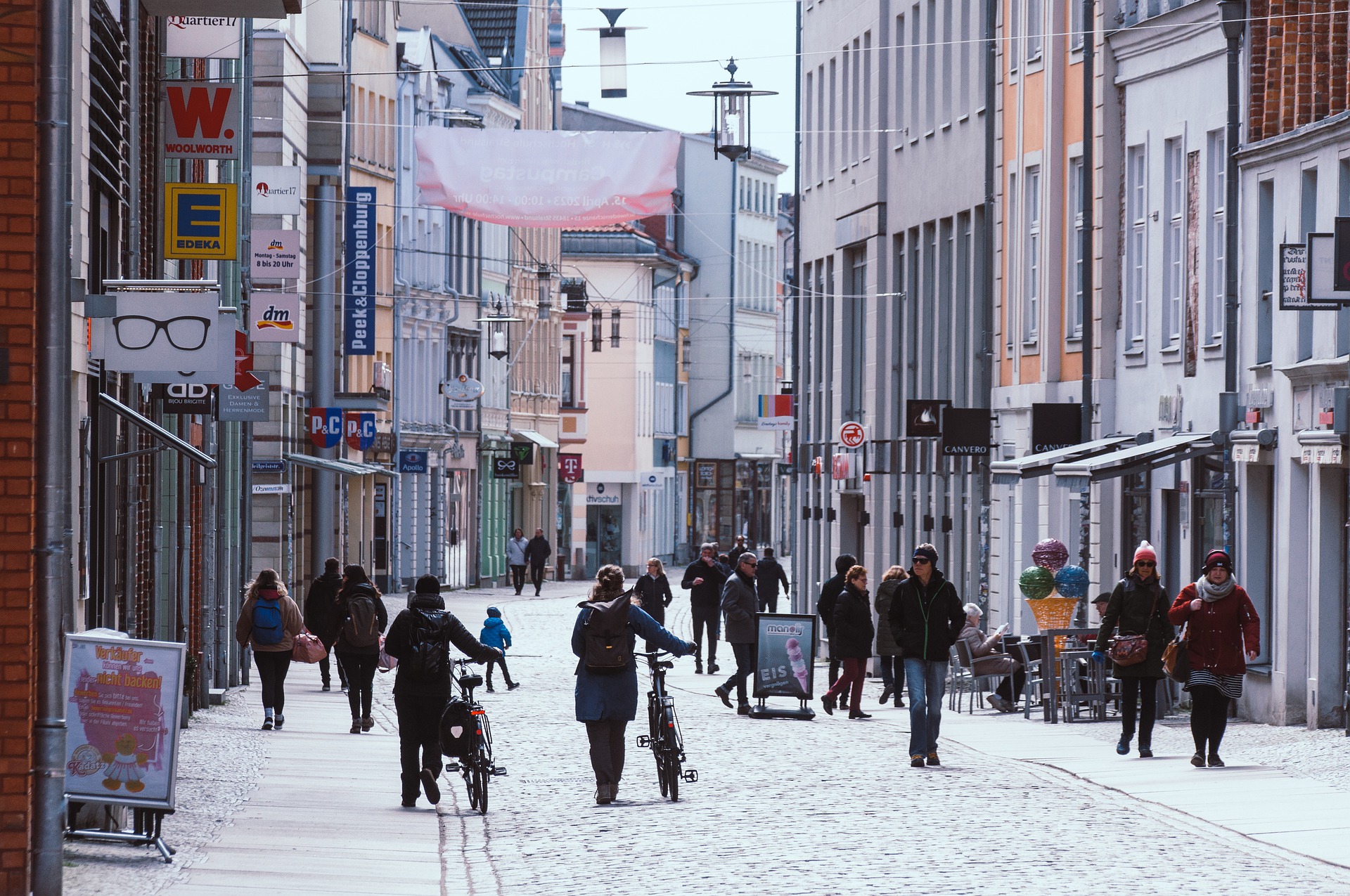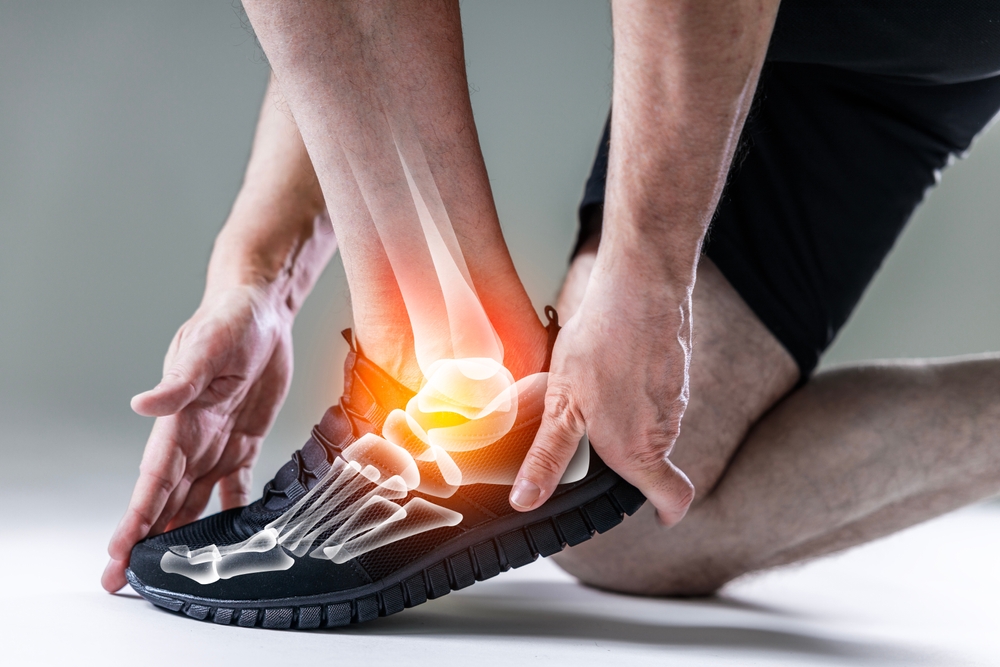Dissecting the Philosophies of Slow Living in a Fast-Paced World
In a world often consumed by the mantra of 'faster is better,' a shift towards slow living philosophy is quietly gaining momentum. Read below to delve deeper into this intriguing cultural movement that's redefining societal norms and influencing modern ways of life.

The Genesis of Slow Living
The concept of slow living emerged as a counter-response to the fast-paced, consumer-driven lifestyle predominant in many modern societies. The term “slow” doesn’t merely refer to speed; it embodies a philosophy of mindful living, focusing on quality over quantity, and savoring moments rather than rushing through them. The slow living movement traces its roots back to the 1980s when Carlo Petrini protested against the opening of a McDonald’s in Rome. This sparked the Slow Food movement, which later expanded into the broader philosophy of slow living.
The Underpinnings of Slow Living
Slow living is not about doing everything at a snail’s pace; instead, it’s about finding the right speed and rhythm for different aspects of life. It encourages mindfulness, intentionality, and sustainability. This movement emphasizes the need to reconnect with nature, engage in mindful consumption, and prioritize meaningful relationships over material possessions.
The Slow Living Influence on Modern Society
As society grapples with the negative impacts of a hurried lifestyle – stress, anxiety, and disconnection – the philosophies of slow living are resonating with increasing numbers of people. The movement is influencing various aspects of modern life, from food and fashion to travel and technology. For instance, the popularity of farm-to-table dining, minimalistic fashion, eco-tourism, and digital detox retreats all reflect the ethos of slow living.
The Sociological Significance of Slow Living
From a sociological perspective, slow living represents a significant shift in societal values and norms. It challenges the capitalist paradigm of constant growth and consumption, advocating for a more balanced and sustainable way of life. Furthermore, it promotes a sense of community, encouraging people to engage in local cultures, support local businesses, and form deeper connections with their environment and the people around them.
Slow Living: A Beacon of Change
In summary, slow living offers an alternative to the relentless speed of modern life. Its principles are increasingly being embraced as people seek balance, well-being, and a more sustainable lifestyle. As this movement continues to evolve, its impact on societal norms, behaviors, and values will undoubtedly continue to shape our world.
Whether slow living will become the norm or remain a counter-culture is uncertain. However, its growing influence indicates a deep-seated desire for change, reflecting a broader societal shift towards more sustainable, mindful, and meaningful ways of living.




